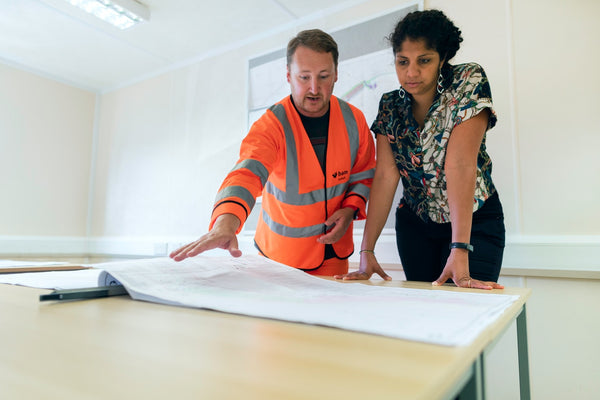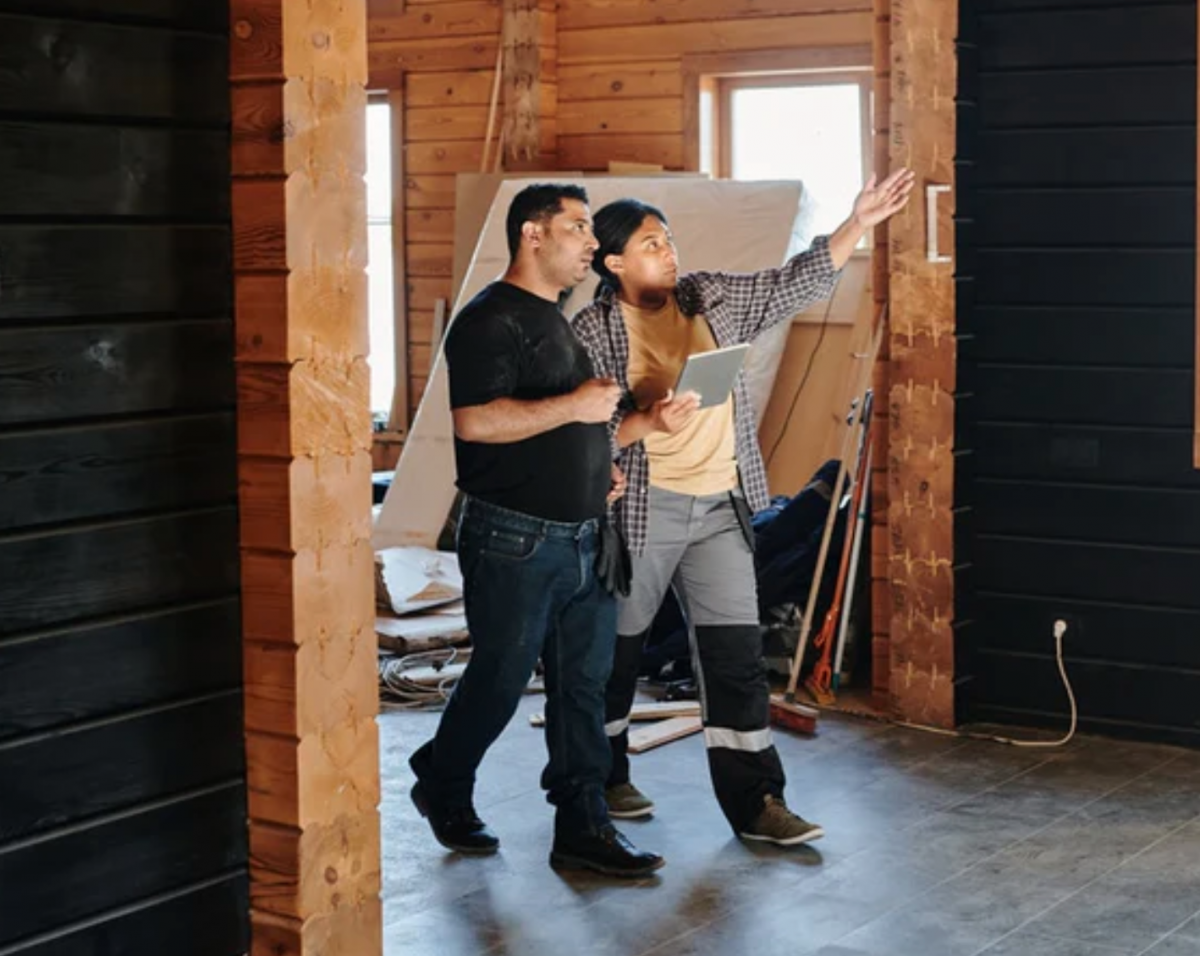If you are building your dream house, you need a general contractor to manage your construction team. This professional is in charge of all daily operations, including maintaining quality control and meeting those deadlines. When you need engineers, architects, interior designers, and other construction professionals, the general contractor is the person who will meet and work with them. A general contractor is vital to any construction project. Here are a couple of things you need to know about this construction professional.
What Are the Responsibilities of a General Contractor?
With those bigger builds, you need to find a responsible person for the general contractor role. These professionals will be able to coordinate and execute the construction of your home project. They enter into a primary contract with the property owner, and they are responsible for overseeing the project. Think of the general contractor as the construction manager, responsible for the oversight of the project while managing all subcontractors and vendors. Plus, they are the primary source of communication between everyone involved in the construction project. These contractors should be licensed by their state, ensuring that their work will meet the code requirements.
What Services Are Provided By a General Contractor?

These services will vary based on the complexity and size of the project. In some cases, the general contractor will need to manage the workers, provide utilities on the site, secure the grounds, and perform engineering functions. These professionals are also responsible for disposing of any construction waste.
The general contractor must also keep your project on budget by keeping accurate records and balancing any costs. The services offered by a general contractor can be quite extensive. Some contractors will charge a 15 to 20% fee plus the cost of materials and labor for the job. Some professionals will charge a set fee for their services. Remember that a general contractor is not an employee, but they will work as an independent contractor. With that, contractors will not have to pay any taxes to benefit their employees.
What Is the Difference Between a Subcontractor and a General Contractor?
A general contractor will form an agreement with subcontractors. The homeowner or client does not have to deal with these subcontractors. Plumbers, masons, electricians, and roofers will report directly to the general contractor. The general constructor is responsible for the quality of work, behaviour, and efficiency of those subcontractors. In many cases, the general contractor will ensure that these subcontractors are licensed and insured.
The client can choose a subcontractor directly, checking their qualification and reviewing any estimates. However, with a general contractor, that professional will take on that role by managing payments, creating schedules, and keeping everyone on a budget. Think of the general contractor as the primary person in charge of the project. If there is a problem, that general contractor will handle it and keep everyone and everything on schedule.
General Contractor vs. Construction Manager – What Is the Difference?

At a glance, the general contractor and construction manager might seem like the same job. The construction manager is involved in the early process of the job, usually during the pre-construction and design phase. They lend their expertise to the budgeting and scheduling process. They can help clients save money while maintaining the integrity of the initial design. The construction manager will also manage contractors, checking on the job’s progress. In some cases, they will hire subcontractors for the job.
The general contractor is the one responsible for those workers in the field. While they may take on some budgeting tasks, the construction manager handles most of the financial picture.
When Should You Hire a General Contractor?
Hiring a general contractor is not always required if you are doing residential work. In some situations, you just need to work with a subcontractor directly. However, you might want to think about working with a general contractor if the project will take a few days to complete, require permits, or involve several subcontractors. These professionals can keep everyone on track for your project.
When you are ready to hire a general contractor, you will sign a legally binding document known as a general contractor agreement. This formal contract outlines all of the duties and responsibilities of the general contractor. The details in the contract often include the construction specifications, materials, and other labor that will be completed on the land or property.
What Needs To Be in This Estimate?

Make sure that the estimate outlines the price and payment information. If changes are made, then the contract will need to be amended. Along with that, the estimate must have a complete description of the work, including details about warranties, replacement options, and the preparation process. Finally, the estimate needs an approximate completion date for the project.
Do you want everything in writing? Yes, you never want any construction work done on your home without a contract. These legal contracts will protect you if something goes wrong on the job site. If the subcontractors don’t complete the work or damage your property, you have legal recourse at your fingertips. Think of the contract to guarantee that subcontractors will complete the work on time and for a specific price.
A general contractor is a vital part of a huge renovation project. While you don’t need these professionals for smaller jobs, you should think about hiring a general contractor if you plan a room renovation ornew house construction.
Are you looking for a high-quality source to assist with your site plans? Reach out to one of our contractors today!
